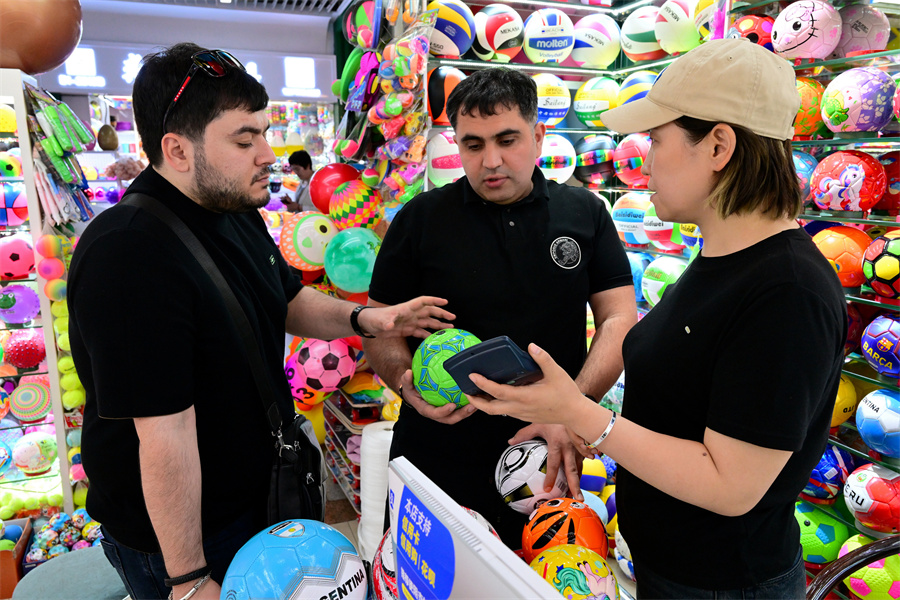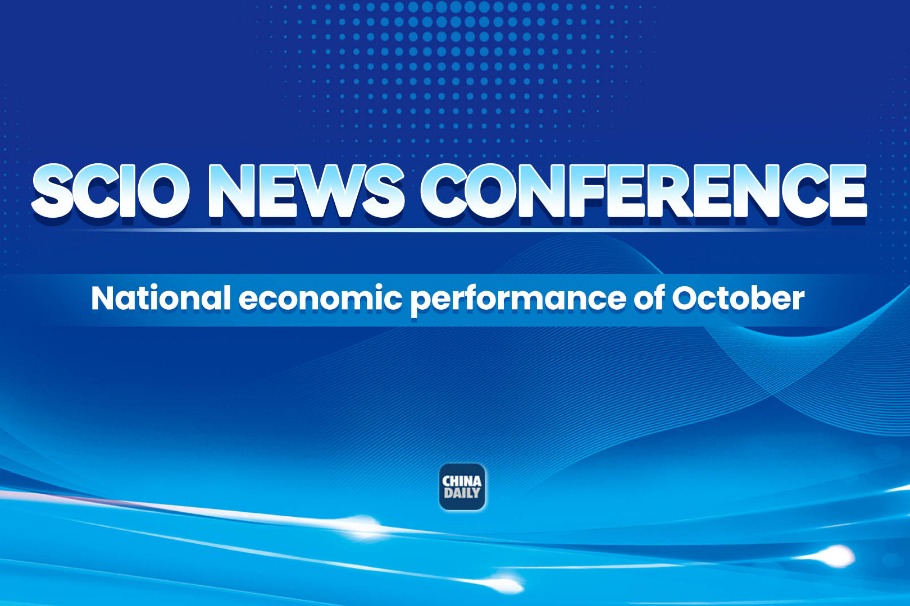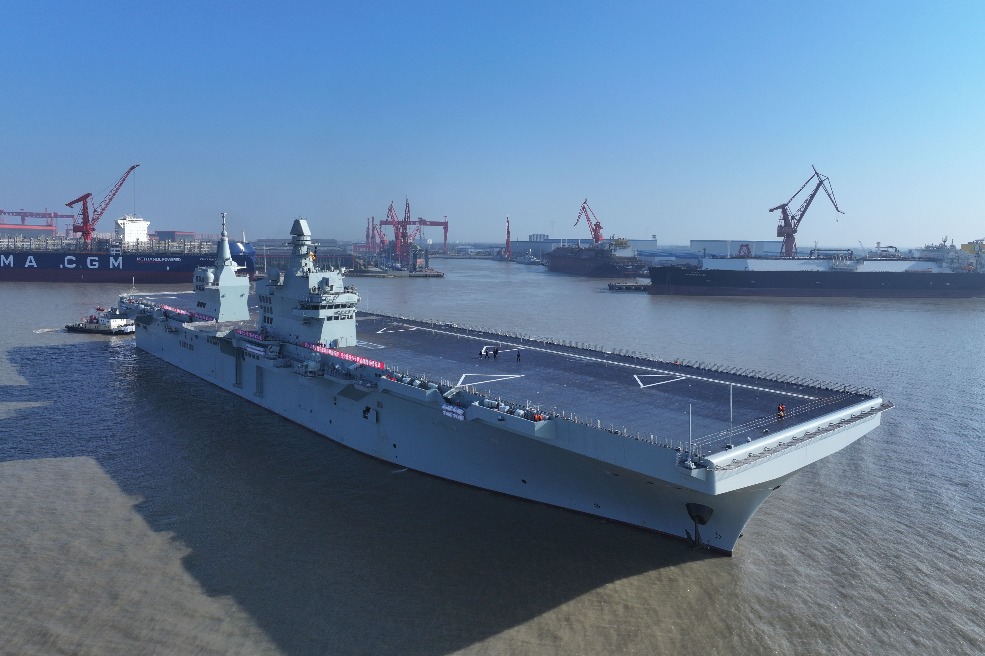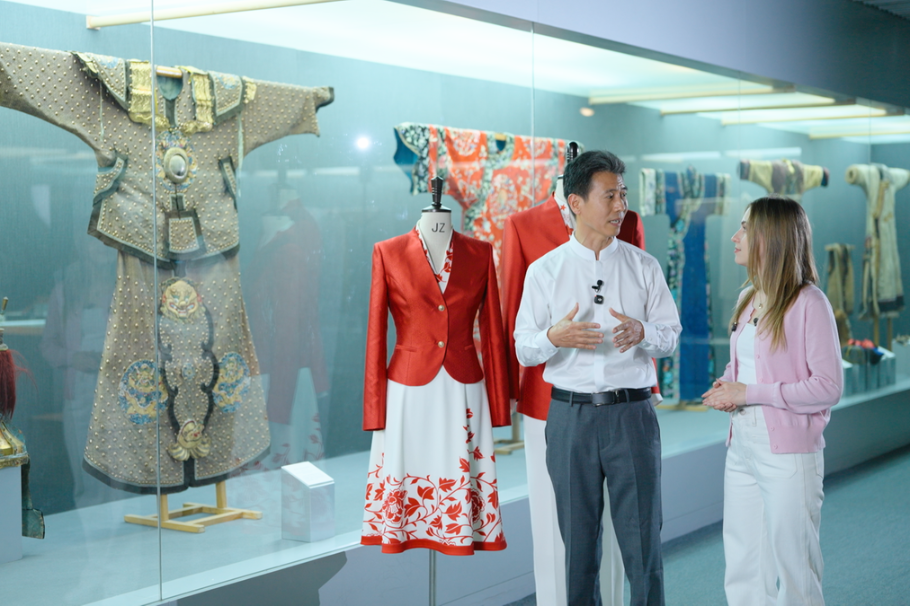World's biggest small-commodities market unfazed by US tariffs
Operators at Yiwu expand horizons, diversify products to counter disruptions


Disruption minimal
Zhejiang Yinyuan Optical Instruments Co makes optical products like binoculars, scopes, and night-vision gear, with an annual output value of around 80 million yuan.
Exports to the US account for 40 million to 50 million yuan of its output. Their outlet in Yiwu market sees less than 5 percent of its exports go to the US, but their sales through Amazon are mostly US-bound.
"Through traditional channels, importers handle customs, so we're not directly impacted," general sales manager Chen Jiajia said. "But higher tariffs mean higher shipping costs, which push up prices. In e-commerce, the effect is delayed, but if tariffs stay high, orders will likely decline."
She said if the tariff war continues, the company will absorb some cost increases and raise prices when needed. "Ultimately, US consumers will pay more. It's not beneficial for them," Chen said.
She recently went to a Hong Kong trade fair and said almost no US clients attended. "Since COVID, the US economy has been declining year by year," she said. "When we participated in exhibitions this year, we didn't consider the US and went to Russia or other places. We're now targeting South America, which is showing great potential."
Wu Guangyao, general manager of Wokali (Zhejiang) Biotechnology Co, runs a cosmetics business that joined the market in 2005.The company exports shampoo and other personal care products to nearly 200 countries. US buyers account for less than 10 percent of their exports, but the tariffs have already had a noticeable impact.
"We import raw materials like witch hazel extract and carbomer (a synthetic polymer) from the US, and prices have doubled … but they are even more after suppliers raised prices," Wu said.
Wokali began storing up on US raw materials a month before the tariffs hit — enough for a full quarter of production. But storage limitations, like temperature requirements, prevent them from stockpiling for a full year.
"Our bottleneck is raw materials — we can't change formulations overnight. Some R&D can take three to five years. We're now seeking alternative suppliers from other countries," Wu said.
However, an upside is the brand is well-known in many countries. "Though the US market is affected, global exports remain stable. If we lose the US, we can make up for it with growth elsewhere," Wu said.
Walking through Yiwu International Trade Market, foreign buyers are everywhere, merchants have their doors open, and business is bustling. Although some US clients are hesitant, most Yiwu merchants believe tariffs have not caused significant disruption.
Expanding markets, improving quality, building brands, and continuous innovation were common themes expressed by many traders. In the face of uncertainty in global trade, Yiwu's merchants are embracing long-term thinking and steady progress.
























